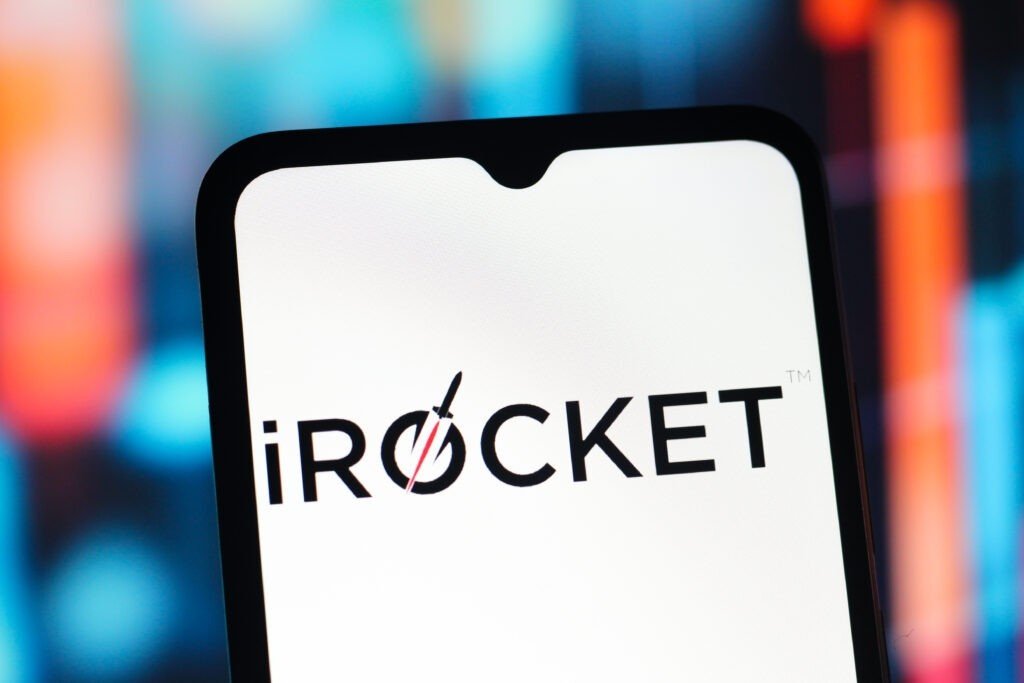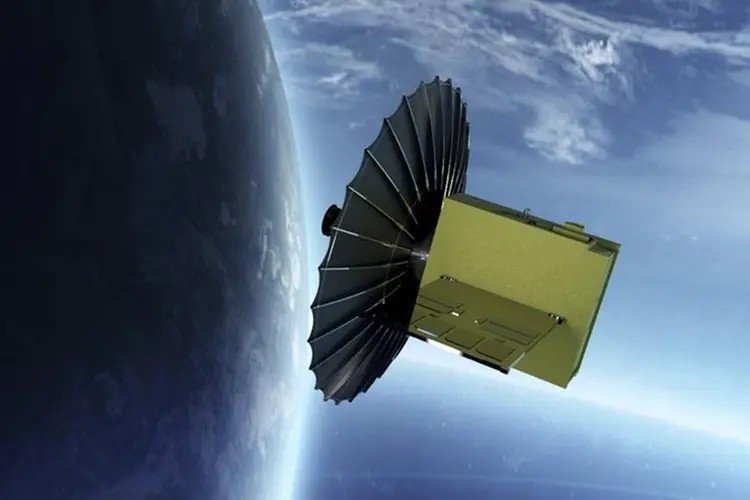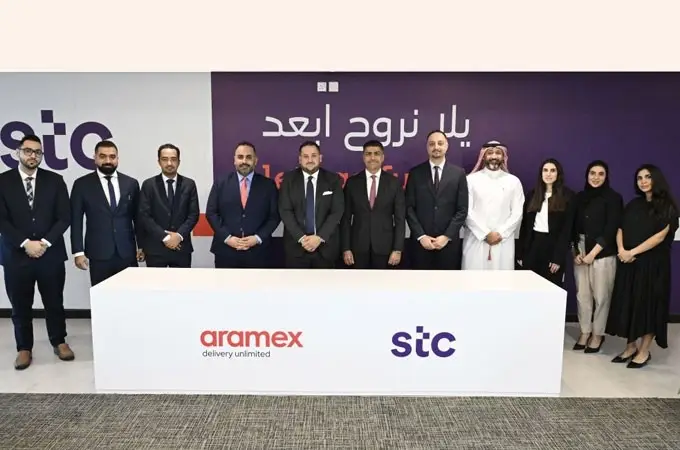Riyadh, October 8, 2025 — Saudi Arabia’s space ambitions have entered a new phase with the announcement of a $640 million, five-year partnership between SpaceBelt KSA, a Saudi-based satellite security and space logistics company, and iRocket, a US-based launch firm. The agreement will support up to 30 orbital launches to deploy a low-Earth orbit (LEO) satellite network, positioning the Kingdom at the forefront of secure satellite communications and digital sovereignty in the Gulf.
Building a Sovereign Satellite Network
Under the deal, SpaceBelt KSA and iRocket will develop an encrypted, Saudi-controlled LEO constellation designed to deliver secure internet connectivity, data transmission, and cloud services across Saudi Arabia and the Gulf Cooperation Council (GCC) region. Unlike commercial broadband constellations such as Starlink, SpaceBelt’s network will focus on confidentiality, resilience, and national security, with several dozen satellites optimized for encrypted communication.
The constellation aims to create a “space cloud” infrastructure, integrating blockchain technology via partnerships such as SpaceChain, ensuring data integrity and tamper-resistant encryption for defense, finance, and enterprise users. According to SpaceBelt KSA, this represents “strategic necessity for a resilient future economy.”
Dual-Use Capabilities and Launch Innovations
The system is being developed as a dual-use network, serving both defense and enterprise sectors. It will enable secure communication channels for military and intelligence operations, while providing businesses—such as banks, energy firms, and tech providers—with ultra-secure data transmission for critical applications.
iRocket’s reusable “Shockwave” launch vehicle, powered by methane-fueled engines and designed for rapid reusability, will support the launches. The collaboration may also pave the way for future GCC-based launch operations, laying the groundwork for a regional spaceport and boosting local manufacturing capacity.
Technology Transfer and Workforce Development
A key element of the partnership is technology transfer and human capital development. The project includes plans for Saudi engineers to work directly with iRocket teams on mission design, launch logistics, and propulsion systems. Over time, this will strengthen domestic expertise and contribute to building a self-reliant Saudi space industry, aligning with Vision 2030 goals of diversification and high-tech competency.
SpaceBelt KSA also intends to localize satellite assembly and testing, invest in ground station infrastructure, and develop research programs in cooperation with local universities and space agencies.
Closing the Capability Gap
Until now, Saudi Arabia’s space efforts have primarily focused on geostationary communications satellites and Earth observation programs in partnership with international firms. The SpaceBelt KSA–iRocket collaboration fills a critical gap by providing a sovereign LEO communications network and a pathway toward domestic launch capabilities.
The initiative not only complements Saudi Arabia’s participation in international projects like the Artemis Accords but also enhances its strategic autonomy in data security and defense communications—an area increasingly vital amid global digital competition.
A Regional Model for Strategic Partnerships
Experts view the agreement as a blueprint for Gulf space cooperation, demonstrating how visionary investment, private-sector participation, and foreign collaboration can accelerate national space capabilities. The partnership could attract future participation from European and Asian aerospace firms, fostering regional innovation clusters in AI, satellite data analytics, and cybersecurity.
Over the long term, the SpaceBelt KSA–iRocket alliance is expected to strengthen Saudi Arabia’s position as a regional space power, advancing the Kingdom’s ambitions to contribute to global missions and establish a secure, tech-driven economy rooted in innovation and resilience.















